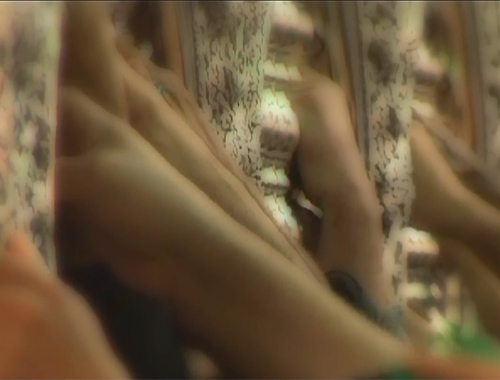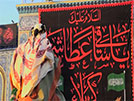Divulging secrets is Khayanat
- Details
- Hits: 1936
Divulging secrets is Khayanat
Abdullah Ibn Sinan says that he inquired from Imam Ja’far as-Sadiq (a.s.), “Is it HarÄm for a believer to expose some things of another believer that deserve to be kept secret?”
“Yes,” the Imam (a.s.) replied.
The narrator further asked, “Do you mean by this the ‘private parts’?”
Imam (a.s.) explained, “It is not what you think, (Though it is also HarÄm to view the private parts), what I meant were the confidential matters.”
(al-KÄfi)
Imam (a.s.) has also said:
“One who washes a dead body of a believer and observes caution with regard to the trust is absolved of all his sins.”
Someone asked, “How can one maintain secrecy with regard to the washing of a believer’s corpse?”
The Imam (a.s.) answered,
“He must not tell anyone of the deformities that he might see in the dead body.”
(AmÄli)
From this discussion we can be certain that exposing a secret amounts to committing Khayanat. Under all circumstances a secret is a trust, whether the person concerned himself takes you in confidence or you come to know of the secrets by yourself, it is HarÄm to betray it. If the one whom the secret concerns does not wish his secret to be divulged, then it is HarÄm and a kind of Khayanat to expose it. Such types of trusts that involve secrets have various grades and are of different types. Certain types of Khayanat are termed as tale telling and others are called backbiting. Each of these shall be elaborated ahead.











